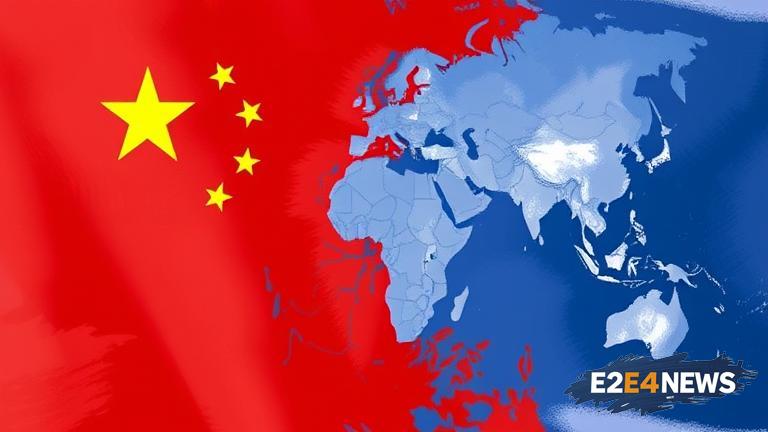The China Accreditation Test for Translators and Interpreters (CATTI) has achieved a significant milestone, becoming the world’s largest translation test. This prestigious test, administered by the China International Communications Center for Chinese Language, has been steadily gaining popularity since its inception. With a growing number of participants and increasing recognition globally, the CATTI has solidified its position as a leading certification program for translators and interpreters. The test is designed to evaluate the language proficiency and translation skills of candidates, ensuring that they meet the high standards required in the industry. The CATTI has undergone significant developments over the years, with the introduction of new test formats, levels, and languages. The test is now offered in multiple languages, including English, French, Spanish, and Arabic, among others. This expansion has enabled the CATTI to cater to a broader range of candidates, both domestically and internationally. The test’s growing popularity can be attributed to its rigorous evaluation process, which assesses candidates’ language skills, cultural knowledge, and translation techniques. The CATTI has also established partnerships with various international organizations, further enhancing its credibility and recognition worldwide. As the demand for skilled translators and interpreters continues to rise, the CATTI has become an essential certification for professionals seeking to demonstrate their expertise. The test’s results have been widely recognized by employers, academic institutions, and government agencies, providing candidates with a competitive edge in the job market. Furthermore, the CATTI has played a crucial role in promoting cultural exchange and understanding between China and other countries. By providing a standardized evaluation framework, the test has facilitated the exchange of ideas, knowledge, and cultures, contributing to global communication and cooperation. The CATTI’s success has also spurred the development of translation and interpretation programs in China, with many universities and institutions offering specialized courses and training programs. These programs have enabled students to acquire the necessary skills and knowledge to pursue careers in translation and interpretation, both domestically and internationally. In addition, the CATTI has provided a platform for professionals to network and share best practices, fostering a sense of community and collaboration within the industry. The test’s impact extends beyond the translation and interpretation community, as it has also contributed to China’s growing influence in global affairs. As the country continues to expand its diplomatic and economic ties with other nations, the demand for skilled translators and interpreters is expected to increase. The CATTI has positioned itself as a key player in meeting this demand, providing a steady supply of highly qualified professionals. In conclusion, the China Accreditation Test for Translators and Interpreters has achieved a remarkable feat, becoming the world’s largest translation test. Its growing popularity, increasing recognition, and rigorous evaluation process have solidified its position as a leading certification program. As the test continues to evolve and expand, it is expected to play an even more significant role in promoting cultural exchange, global communication, and cooperation.
